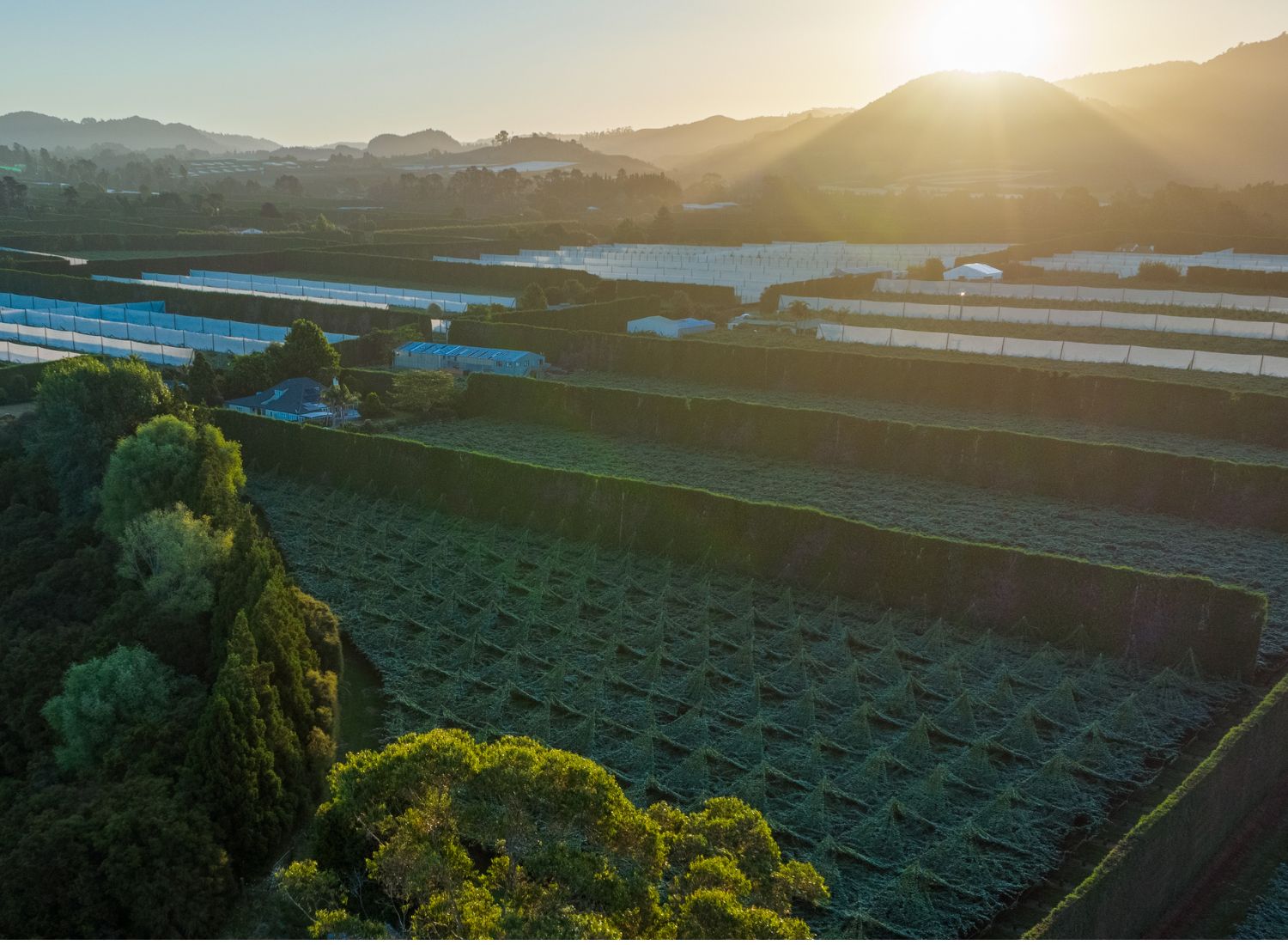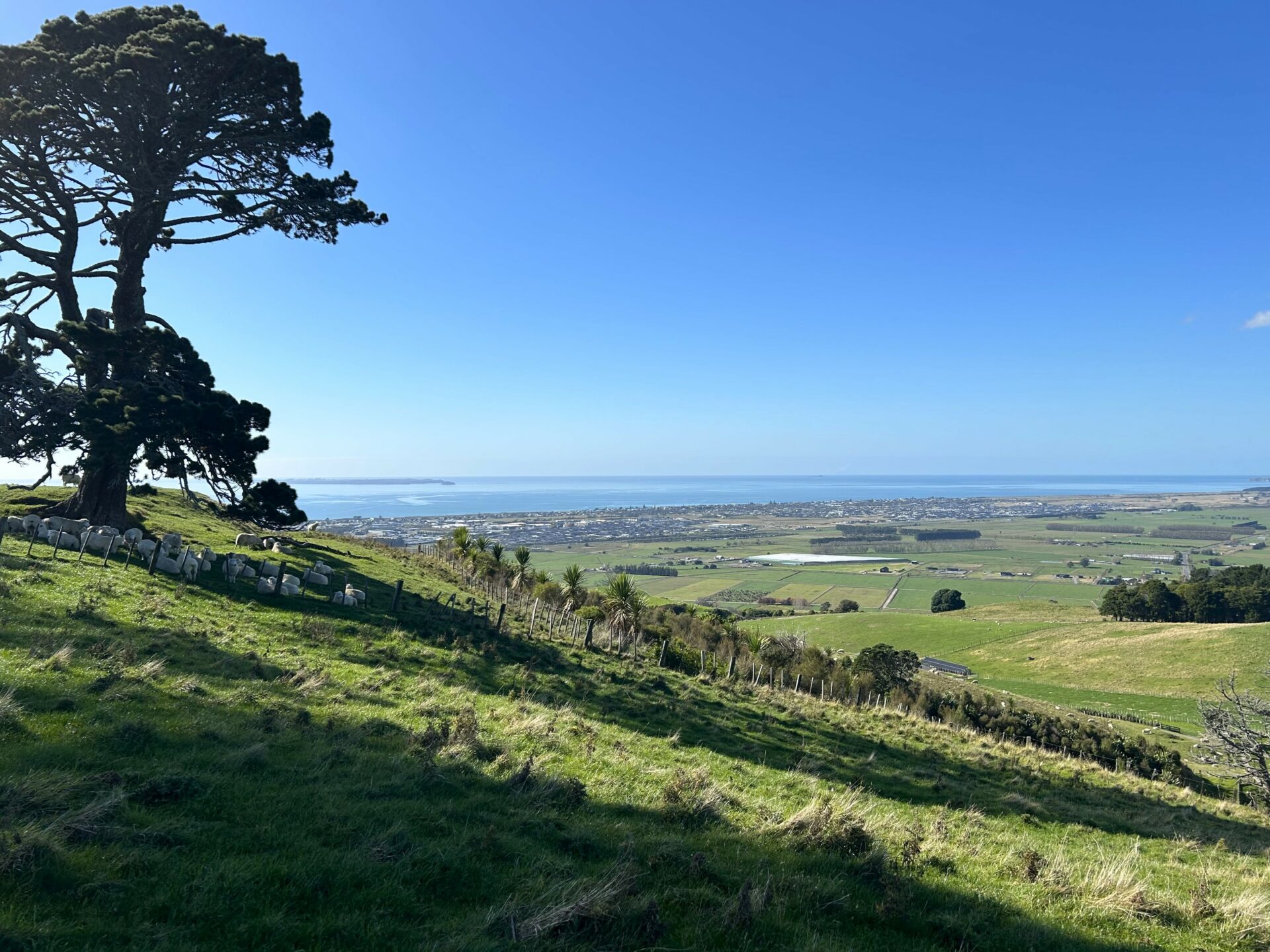The Government has proposed new regulations for freshwater farm plans. These regulations form part of the Government’s Essential Freshwater reforms, which are intended to achieve the following objectives: halt further degradation of waterways; make material improvement in the health of waterways within five years; and restore degraded waterways within a generation. The Essential Freshwater reforms also include the following elements:
- A new plan-making process under the Resource Management Act 1991 (RMA).
- National Policy Statement for Freshwater Management 2020 (NPSFM).
- Resource Management (National Environmental Standards for Freshwater) Regulations 2020.
- Jobs for Nature funding support towards improving the health of waterways.
- Resource Management (Stock Exclusion) Regulations 2020 (consultation on proposed changes is currently open).
A Discussion Document for the proposed freshwater farm plan regulations can be found here: Freshwater farm plan regulations: Discussion document | Ministry for the Environment.
Background
In 2020 Part 9A was added to the RMA, which created freshwater farm plans as a new legal instrument. Prior to this, several regional councils had already introduced a system for farm environment plans, and the Government estimates that 75% of farmers and growers have already implemented some form of farm plan. The new requirements for freshwater farm plans are intended to build on this existing work to better control the adverse effects of farming on freshwater and freshwater ecosystems. These plans will be compulsory for some farms, including where 20 or more hectares are used for arable or pastoral land use, 5 or more hectares are used for horticultural land use, or where prescribed by regulations.
Regional councils manage freshwater through rules and resource consents, and their regional plans need to be amended to implement the latest NPSFM. While regional plan rules need to be reflected in freshwater farm plans, the new system is intended to reduce the reliance on resource consent processes and stringent plan rules (where appropriate), and allow farmers and growers to tailor freshwater planning solutions to their individual farm and the surrounding catchment. Some freshwater farm plans will be set up before regional councils have completed the latest freshwater planning process, which means freshwater farm plans will eventually need to be updated.
Freshwater farm plans must be certified and the farm must be audited for compliance with the plan. The RMA specifies what freshwater farm plans must contain, which includes identifying adverse effects on freshwater and freshwater ecosystems, and specifying clear and measurable requirements that are appropriate for avoiding, remedying, or mitigating those adverse effects. It also includes demonstrating how any outcomes prescribed in regulations are to be achieved, along with complying with any other requirements in regulations.
Proposed regulations
The proposed regulations are expected to come into force in the first half of 2022 and then freshwater farm plans will be gradually rolled out across New Zealand, starting with more degraded areas. The proposed regulations will specify how freshwater farm plans should assess the adverse effects of farming activities on waterways through risk/impact assessments, and how actions to avoid, remedy or mitigate those adverse effects should be identified. The proposed options essentially range from including general or high-level requirements (along with separate guidance) that allow a more tailored approach to farm management, to prescribing more detailed methodology and standards.
The Government has also proposed including three regulated outcomes, covering: catchment values and context; ecosystem health; and farm practice. This means that freshwater farm plans will need to demonstrate how these outcomes are to be achieved. Two alternatives are proposed for how the regulated outcomes should be included in the proposed regulations: stating them at a general level with separate guidance for how they can be achieved; or specifying in detail how they need to be achieved in the proposed regulations. The proposed regulations will also prescribe base information that needs to be included in freshwater farm plans, such as mapping information and farm ownership.
More information around how these proposals would be included in the regulations can be found in the Discussion Document. In addition to the matters discussed above, the Government is also consulting on other aspects of the proposed regulations, including timing and rollout, the certification and auditing process, and enforcement mechanisms. Regarding enforcement, the proposed regulations will include offences for non-compliance with both Part 9A of the RMA and the regulations, along with infringement fees, as proposed below:
- $1,000 – $1,500: Farm operator does not have a certified farm plan within the specified timeframe.
- $1,000 – $1,500: Farm operator does not have an audited farm plan within the specified timeframe.
- $1,000 – $1,500: Farm operator does not seek re-certification of their freshwater farm plan in line with the re-certification triggers.
- $1,000 – $1,500: Farm operator does not implement actions in line with the agreed timeline.
- $500: Farm operator does not lodge an addendum or update details.
The proposed regulations will be included in the integrated farm planning network, so that the various regulated requirements (including freshwater farm plans and green-house gas reporting) can be incorporated into a “whole of farm” planning process. The Government has indicated that the freshwater farm planning process will be carried over into the proposed National and Built Environments Act (which they propose will replace the RMA), and any existing freshwater farm plans will be addressed through transitional provisions.
Submissions
Submissions are being accepted between 26 July and 12 September 2021.
Consultation is also open for the Government’s proposed changes to the low slope map in the Resource Management (Stock Exclusion) Regulations 2020, and the Government will also soon ask for feedback on changes to the intensive winter grazing rules.



